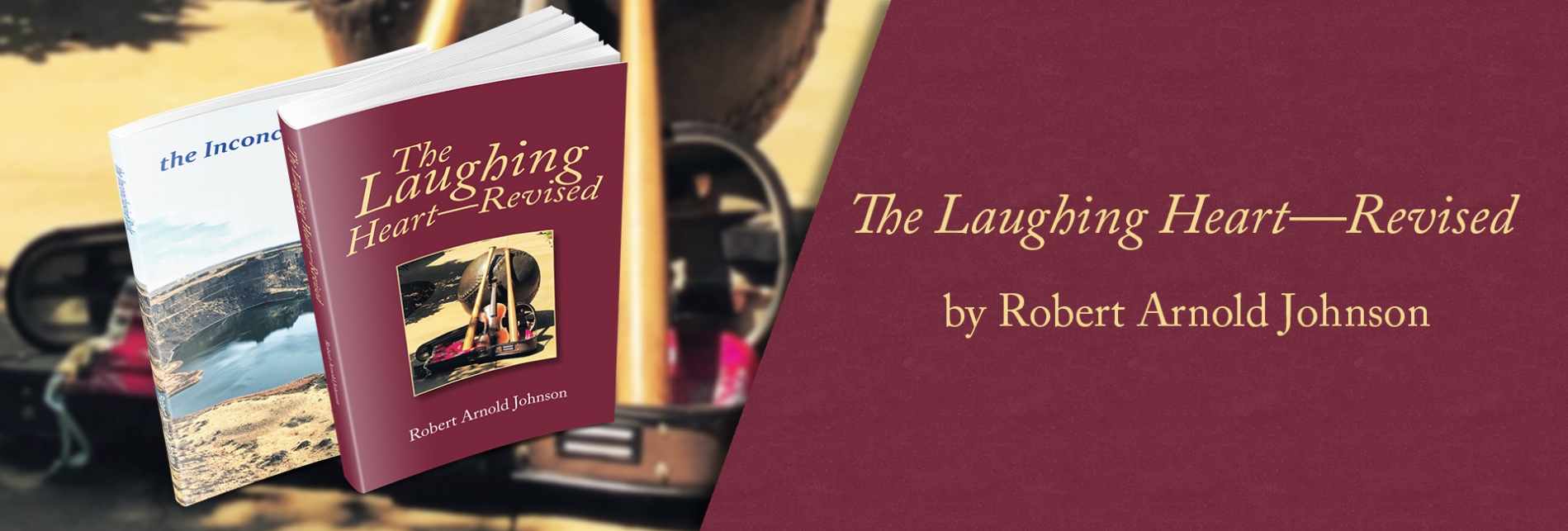An article, “Radical Change,” in the September 2019 Scientific American by Michael A. Hogg is a good read to hold up to my commentary on Toni Morrison’s Playing in the Dark. Hogg introduces a term, self-uncertainty, to point toward a cause for violent extremism in politics, most especially the white nationalist kind. He is a professor of social psychology at Claremont Graduate University, and unsurprisingly therefore refers to data to support his conclusions and viewpoints. The thrust of the argument is that self-uncertainty begets efforts to reduce itself, such as group identification (categorization), most especially groups in which in-group and out-group are defined with particular clarity. And clarity is served well in turn by simple, insistent (“collapsed” in psychodynamic lingo) answers for simple questions, features, in other words, that go all-out to reduce nuance and doubt—states of mind that accentuate rather than resolve self-uncertainty. The same propulsive internal force would favor promoting an autocratic leader for the in-group, one exemplifying what Hogg calls the Dark Triad Personality: “Machiavellianism, narcissism, and psychopathy.” (I might urge that the term be replaced by “Dark Couple,” as primitive narcissism is a primal feature of psychopathy.)
Hogg’s view, taking its origin within psychosocial science, comfortably envelops Morrison’s formulation, and vice-versa, about the promotion of whiteness (defined against blackness) in American literature, a promotion by author after author (probably unconsciously in many, if not most, instances—therefore “systemic”) to corral, to gain control over, the word “American” itself, via appropriation. (Thereby reducing self-uncertainty.) I’m reminded too of the famous phrase, negative capability, of John Keats, one he coined to describe writers whose tolerance for doubt and uncertainty, is exceptional, a quality he saw as a considerable asset toward an ambition for creating memorable literature. My take on this phrase has been that it is good for more even than Keats envisioned, it is good for describing an essential feature, perhaps the essential feature, of a mature identity, or “mature enough.” Perhaps you will agree with me, then, that Hogg’s term—self-uncertainty—will likely prove as rich for literary contemplation as it will for social psychology.
Recent Posts
- An Exchange over Hugo’s “Les Misérables”
- JONATHAN FRANZEN’S “CROSSROADS”: SHOULD WE WANT A TRILOGY OF IT?
- SOME THOUGHTS ABOUT RACISM AND WHITE SUPREMACY IN AMERICA, AUGUST 2021: How A Few Recent Books by Black and Other Authors Have Changed One Old White American
- LOVE & THE FIRST LINE
- FOR PHILIP ROTH’S “EVERYMAN”
Recent Comments
- Henry Allen on the current project
- MaryAnne O'Neil on SOME THOUGHTS ABOUT RACISM AND WHITE SUPREMACY IN AMERICA, AUGUST 2021: How A Few Recent Books by Black and Other Authors Have Changed One Old White American
- Robert Arnold Johnson on SOME THOUGHTS ABOUT RACISM AND WHITE SUPREMACY IN AMERICA, AUGUST 2021: How A Few Recent Books by Black and Other Authors Have Changed One Old White American
- Robert Arnold Johnson on SOME THOUGHTS ABOUT RACISM AND WHITE SUPREMACY IN AMERICA, AUGUST 2021: How A Few Recent Books by Black and Other Authors Have Changed One Old White American
- Susan Pickett on SOME THOUGHTS ABOUT RACISM AND WHITE SUPREMACY IN AMERICA, AUGUST 2021: How A Few Recent Books by Black and Other Authors Have Changed One Old White American




